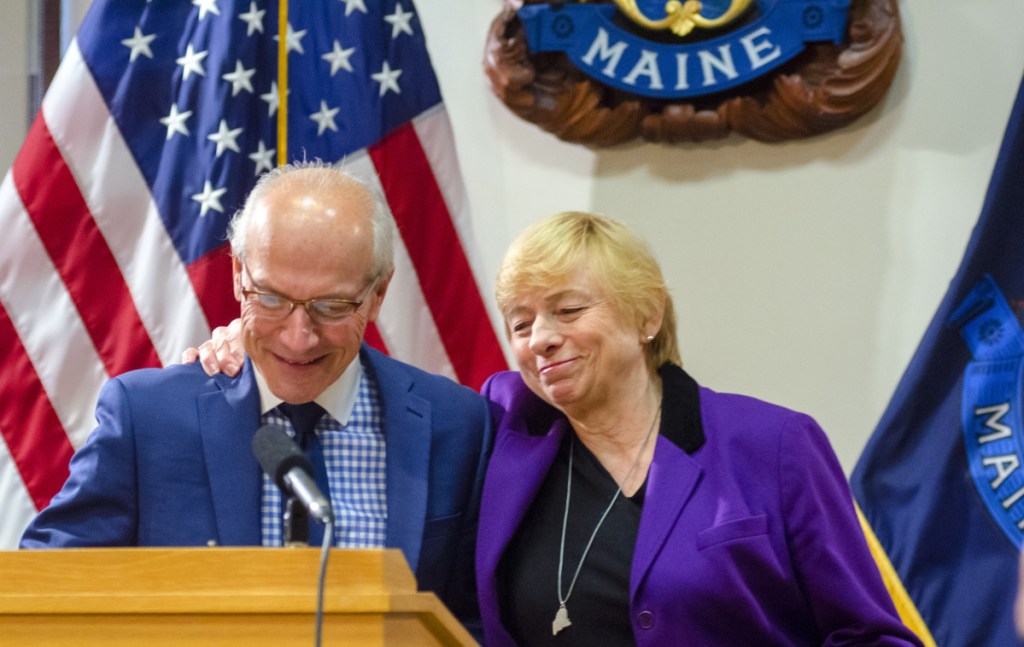Sometimes I wonder how close I might have come to opioid addiction.
One night in the fall of 2015 — when the epidemic was starting to filter into our collective minds — I went to the emergency room after experiencing severe lower abdominal pain and was, after several hours, diagnosed with a ruptured ovarian cyst. Painful, but (for me) ultimately harmless. I got a dose of painkillers at the hospital, which made me feel warm and fuzzy and then, a few hours later, extremely nauseated. I spent the car ride home with my head hanging out of the window like a dog, because the cold air made me feel better.
The hospital sent me home with a full bottle of hydrocodone.
I never ended up taking any — I slept for 11 hours and when I woke up, I wasn’t in any more pain, and I haven’t had any more cyst-emic issues since. But sometimes I wonder, knowing what I know now about my propensity to addiction, what would have happened if I had taken some. Maybe I would have been fine. Maybe not.
Four hundred and eighteen Maine people died of drug overdoses in 2017, the most recent year for which I could find numbers. Four hundred and eighteen of my brothers and sisters. The only reason I’m still here is that I was lucky. Because I am lucky.
I’m excited to see Gov. Mills sign an executive order to start dealing with our opioid addiction crisis. Medication-assisted treatment is the gold standard for opioid addiction treatment for a reason (the reason is science). Naloxone distributed throughout the state will stop death in its tracks, reversing potentially fatal overdoses by binding to the body’s opioid receptors and blocking their effects. Integrating medication-assisted treatment in the criminal justice system, including in jails and prisons, will help ensure that Mainers become successful once they serve their time and are released.
Of course, there will be people who disagree with these actions and expenditures. Those who say that what addicts need is “tough love.” Well, I’m not an expert, but I am an alcoholic with eight months of sobriety under her belt, so I know a thing or two, and one of those one or two things that I know is this: Tough love doesn’t work.
I understand where the urge to use it comes from. It’s godawful to watch someone you care about descend into addiction, and it becomes frustrating and easy to think, “Well, being nice hasn’t worked, they’re still drinking/smoking/injecting/snorting, so maybe being mean will work!” Believe me, my family tried being tough, being nice and everything in between to get me to stop drinking. Didn’t work. I still drank.
Recovery is only successful when a person with an addiction is good and ready to recover. It cannot be forced. At the risk of sounding like a hippie, the change must come from within. When someone is ready to seek help, help must meet them where they are. Even if that is in a jail cell.
If there is anyone reading this who is struggling with addiction, or cares about someone who is — you don’t have to “hit bottom” in order to be ready to seek recovery. Some people do; some don’t. I didn’t.
I wasn’t at rock bottom — I still had a job, a relationship, an apartment. One day eight months ago, I woke up exhausted and hungover, and instead of thinking, “I need to stop drinking,” I realized, “I’m stopping.”
Something inside my brain, twisted and fogged though it was with addiction and desire for booze, had clicked. I woke up my boyfriend, confessed everything, had him pour out all the vodka I had squirreled away around the house and asked for help. And help was given. Because I was lucky, I was able to access medication for my anxiety disorder, and a therapist for my — well, my everything, really.
I have a family who forgave me for the lies I told and the dumb things I said while under the influence. I have friends who come sit with me when being alone feels too risky, because the temptation to relapse comes on strongest when I’m alone. I’m lucky.
But recovery shouldn’t rely on luck and privilege. Every person suffering from addiction — whether it’s to opioids, alcohol, cigarettes or gambling — deserves the resources and opportunities that I have had access to.
As a state, what we have been doing hasn’t been working. Mainers are still dying. It’s time to try something new.
Victoria Hugo-Vidal is a Maine millennial and a columnist for the Portland Press Herald. She can be contacted at: themainemillennial@gmail.com
Send questions/comments to the editors.



Success. Please wait for the page to reload. If the page does not reload within 5 seconds, please refresh the page.
Enter your email and password to access comments.
Hi, to comment on stories you must . This profile is in addition to your subscription and website login.
Already have a commenting profile? .
Invalid username/password.
Please check your email to confirm and complete your registration.
Only subscribers are eligible to post comments. Please subscribe or login first for digital access. Here’s why.
Use the form below to reset your password. When you've submitted your account email, we will send an email with a reset code.